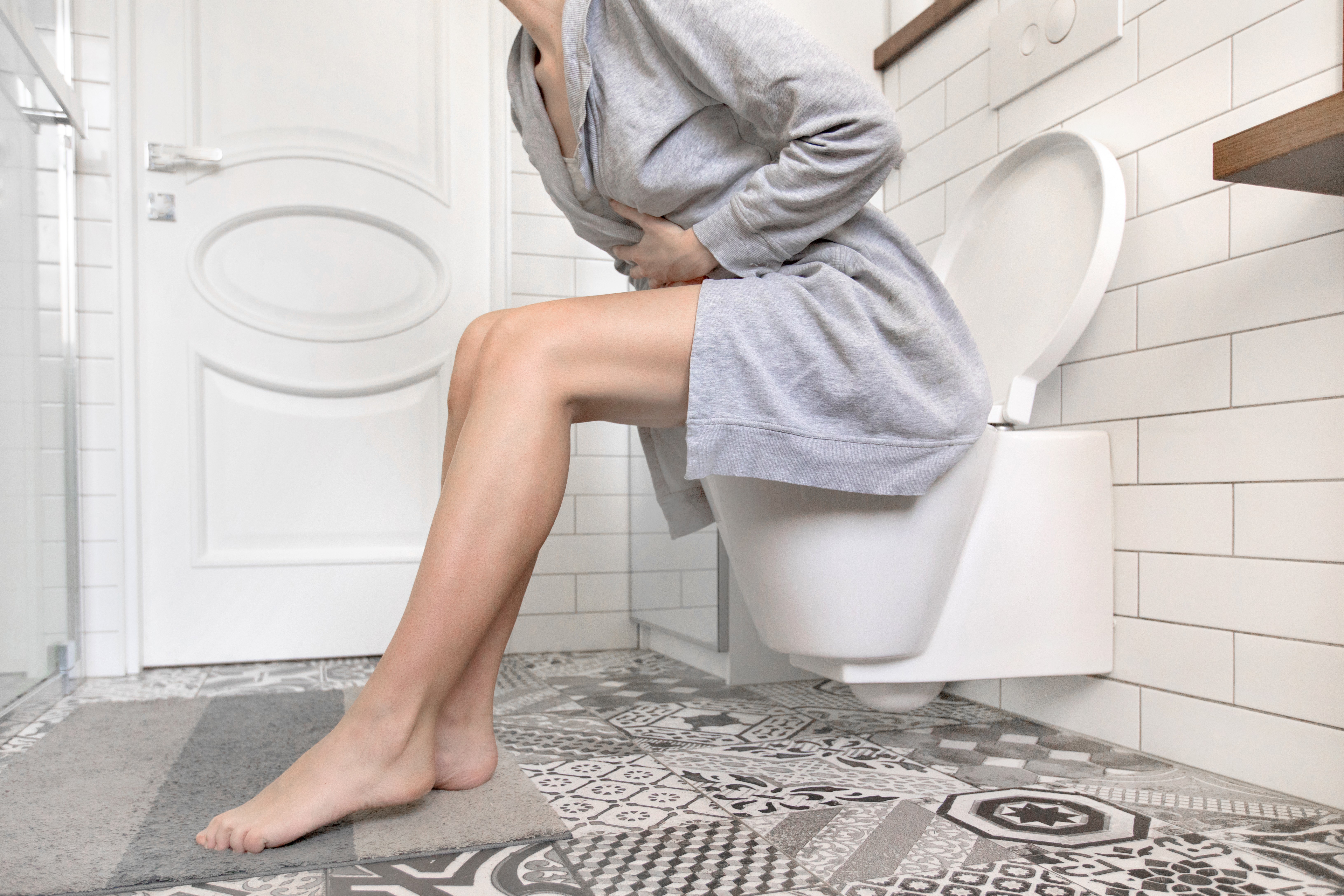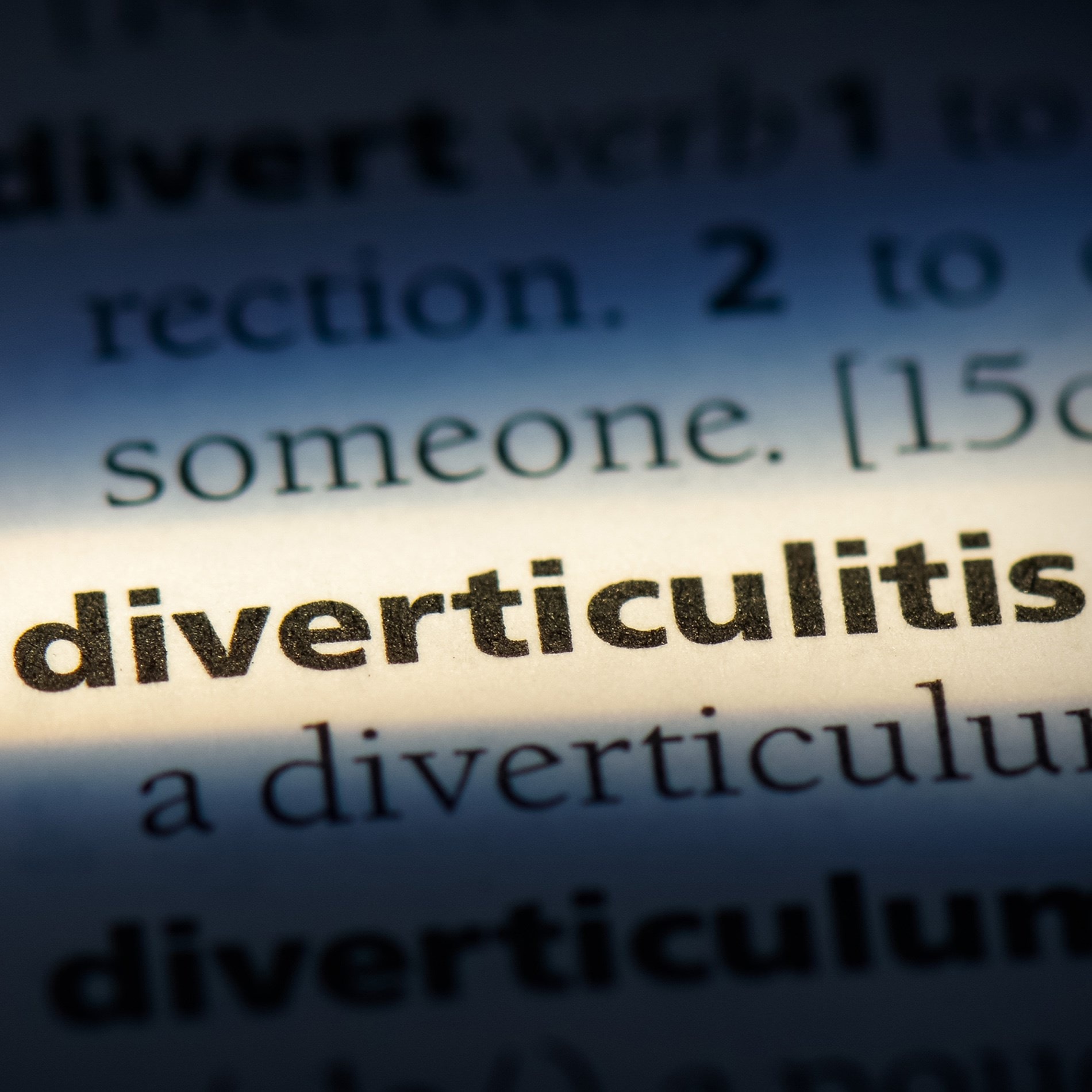Constipation and Diarrhoea
It may sound unusual to some, but for others the reality is that it's possible to suffer from both constipation and diarrhoea. Here we aim to discuss the reasons that might be behind this, in terms of potential triggers and causes, and how someone may help to alleviate their symptoms.

Causes of constipation and diarrhoea
There are potentially a few different reasons why people may suffer with oscillating symptoms of constipation and diarrhoea. If you are suffering from both, it would be highly recommended that you seek advice first from your GP in order to receive an accurate diagnosis. There are some more serious conditions that can cause such fluctuations in symptoms including diverticulitis and ulcerative colitis.
The most likely cause for a history of both constipation and diarrhoea is a condition known as IBS (Irritable Bowel Syndrome). IBS is the umbrella term used by the medical profession to describe a combination of digestive symptoms ranging from constipation, diarrhoea, bloating and abdominal discomfort. IBS is not life threatening, but it can be extremely unpleasant and inconvenient for the sufferer. IBS tends to be categorised into 4 different types: IBS-C is predominantly symptomised by constipation, IBS-D is typically diarrhoea dominant and IBS-A is alternating constipation and diarrhoea. The fourth category is referred to ‘Un-subtyped irritable bowel syndrome’ (IBS-U), denoting people with IBS symptoms, but with insufficient change in the character of their stools to fit into any of the other categories.
Most conventional treatments for IBS are designed to control either diarrhoea or constipation, and as people in the IBS-A group with the most variable symptoms don’t fit easily into treatment groups for research studies, there is little research into the best way of alleviating their symptoms. It is therefore even more important to treat each case individually, and attempt to identify the specific triggers for that person.
There is no actual known cause of IBS, and as a result no specific treatment, so GP's tend to address the symptoms with a variety of medications. Natural health practitioners often try to get to the cause of the symptoms, by working out what may be causing it in each individual.
IBS sufferers, specifically those with symptoms of both constipation and diarrhoea, may encounter a variety of triggers for their condition. Some women for example, may suffer from constipation more depending on where they are in their monthly menstrual cycle. Many people find that stress acts as a trigger for IBS, and may cause fluctuating constipation and diarrhoea symptoms in some. Food can often be a significant driver for IBS symptoms, and it may be helpful to seek advice from a nutritional therapist or naturopath in order to help identify certain foods that may be exacerbating your symptoms.
The bacteria in our gut plays a significant role in the health of our digestive system, and it is known that dysbiosis (an imbalance in our gut flora), may cause varying symptoms such as constipation and diarrhoea. Probiotics and prebiotics can have great benefits in terms of gut health here, and you may wish to look at taking a high-quality daily supplement that has been extensively researched for these specific symptoms.
Bypass diarrhoea
There is a condition that may seemingly appear to be a fluctuation of constipation and diarrhoea. It is known as bypass (or overflow) diarrhoea. This occurs when a hard plug of stool in the lower bowel (faecal impaction) prevents a proper evacuation of faeces, and only the more liquid stool from higher up in the bowel can then be passed. A correct diagnosis is essential in this situation, so it's vital you give your GP a thorough case history, to ensure suitable treatment is prescribed. It is particularly important to avoid certain medications which may slow the bowel down, as these could in fact further worsen the problem. Equally, long-term use of laxatives can cause the muscles to 'forget' how to function properly, and as a result the bowel is not able to pass a harder stool, potentially leading to impaction. There are many natural remedies for constipation someone may like to try before taking prescription medications.
Bypass diarrhoea commonly affects children. Impaction means that the bowel is effectively blocked by a large amount of hard stool. If a large stool gets stuck in an enlarged rectum, the urge to go to the toilet is reduced, as well as the required strength needed to pass the stool. As a result more stools build up behind the impacted stool in the rectum, and some of this becomes runny and can leak out of the anus. In children, it is fairly common for the stool to leak into underwear and onto bedclothes and parents could mistakenly believe the child is suffering from diarrhoea. It is therefore important that people understand the symptoms of constipation and are able to recognise if it is something they are experiencing. This will hopefully mean that the symptoms can be treated before the chance of faecal impaction occurring.
Improving your symptoms
In order to help find the suitable treatment for your symptoms, it is necessary to get to the root cause of the problem and identify what may be worsening them. As everyone is unique, and with different triggers for their symptoms, there is unfortunately no 'one size fits all' method in relieving symptoms of constipation and diarrhoea.
IBS is typically treated by the medical profession with a combination of laxatives and antispasmodics (muscle relaxants) to help reduce abdominal cramps, and anti-motility medicines to help reduce diarrhoea. Although medications may be effective in treating the symptoms, it does not help to identify what may be driving them. Medications can also carry less than desirable side effects.
In people suffering from alternating constipation and diarrhoea, and where faecal impaction is considered to be the cause, conventional treatment is with laxative use. This aims to bulk and soften the stool, helping to make them easier to pass. In rare cases, it may be necessary for someone to receive treatment in hospital using medications to help empty the bowel, called enemas, which are given via the rectum. In some severe cases, a general anaesthetic may be required and the bowel would be cleared out manually by a surgeon.
There are however natural alternatives to try, particularly with regard to dietary changes that can be very effective in helping to reduce constipation. Preventing dehydration by drinking plenty of water is key to reducing ongoing constipation, and ensuring your diet is rich in fibre, so eating lots of fresh fruit and vegetables is recommended. When experiencing symptoms of both constipation and diarrhoea and in an attempt to balance these, managing your fibre intake is important. Eating adequate fibre to help relieve constipation, yet not too much that it triggers diarrhoea. Keeping a daily food diary can help keep track of this.
Ensuring that mild constipation symptoms are treated effectively is important in order to prevent the risk of the problem becoming more long-term. The more severe the problem gets it can potentially lead to faecal impaction, which is both unpleasant and can be tricky to accurately diagnose.
In terms of reducing symptoms of Irritable Bowel Syndrome, there are again natural routes people can take to help improve their symptoms of alternating constipation and diarrhoea. As is the case for all natural medicine, healthy maintenance is far better than a 'cure'. The probiotic strain Lactobacillus acidophilus NCFM® has been shown in human clinical trials to aid gut health in those with abdominal pain and cramping associated with IBS1.
You can find this strain in Optibac Every Day EXTRA.
There are plenty of healthy habits one can try and adopt to support a healthy and happy digestive system, and avoid uncomfortable problems. It will often be a case of trial and error and trying different methods and remedies in order to determine what works for you as an individual.
Further reading:
IBS and probiotics - a growing body of evidence
References
- Faber, S.M. (2000). 'Treatment of abnormal gut flora symptoms in patients with irritable bowel syndrome'. Am J Gastroenterol, 95(9): 25333
